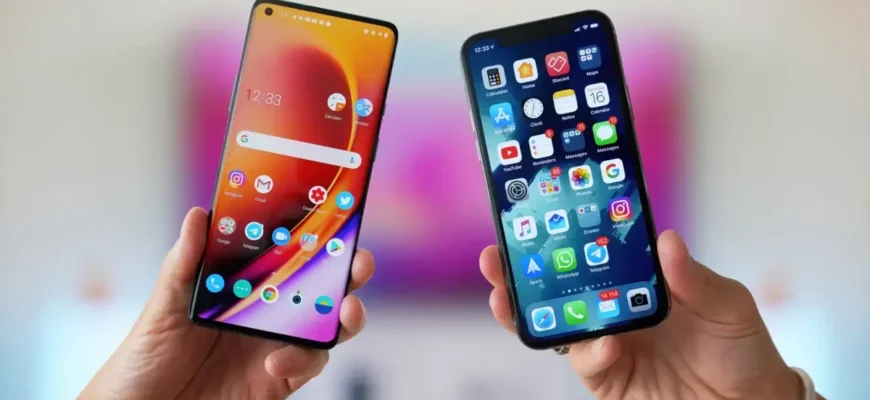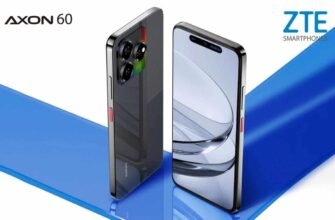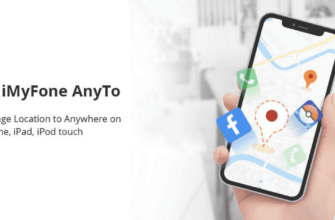This is 2007. Steve Jobs, dressed in his trademark black turtleneck, introduces the iPhone to an enthusiastic audience. It is a revolutionary device, a sleek plate of glass and metal that redefines the concept of a mobile phone. But another revolution was brewing at the other end of the hall. In the same year, a little-known startup called Android Inc. was acquired by Google, setting the stage for the rivalry that defined the smartphone era.
Android's roots go back to the early 2000s, when it was envisioned as a platform for a new kind of mobile experience—open, flexible, and accessible. Unlike iOS, which was designed exclusively for Apple devices, Android was created as an operating system for the masses. Google sought to create a platform that manufacturers could tailor to their specific devices, fostering diversity and innovation in the Android ecosystem.
The initial launch of the iPhone was not met with immediate universal acclaim. Its closed system, limited app store, and lack of basic features like copy and paste have been criticized. Meanwhile, Android-based phones began to appear on the market, offering a wider range of hardware options and more options for customization. These early Android devices, while not as polished as the iPhone, were often more affordable, making smartphones accessible to a wider audience.
The frontline between Android and iOS
The next few years witnessed a rapid escalation of the mobile OS war. Apple has improved iOS by removing its initial flaws and introducing features like the App Store, which has become a gold mine for developers and a cornerstone of the iPhone's success. Android, on the other hand, focused on openness and customization. Users could personalize their home screens, download apps from outside the Play Store, and take advantage of features like expandable storage that the iPhone lacked.
This is where your article can delve into the specific advantages of Android over iOS. Here are some key points to consider:
Freedom of customization (Android vs iOS) 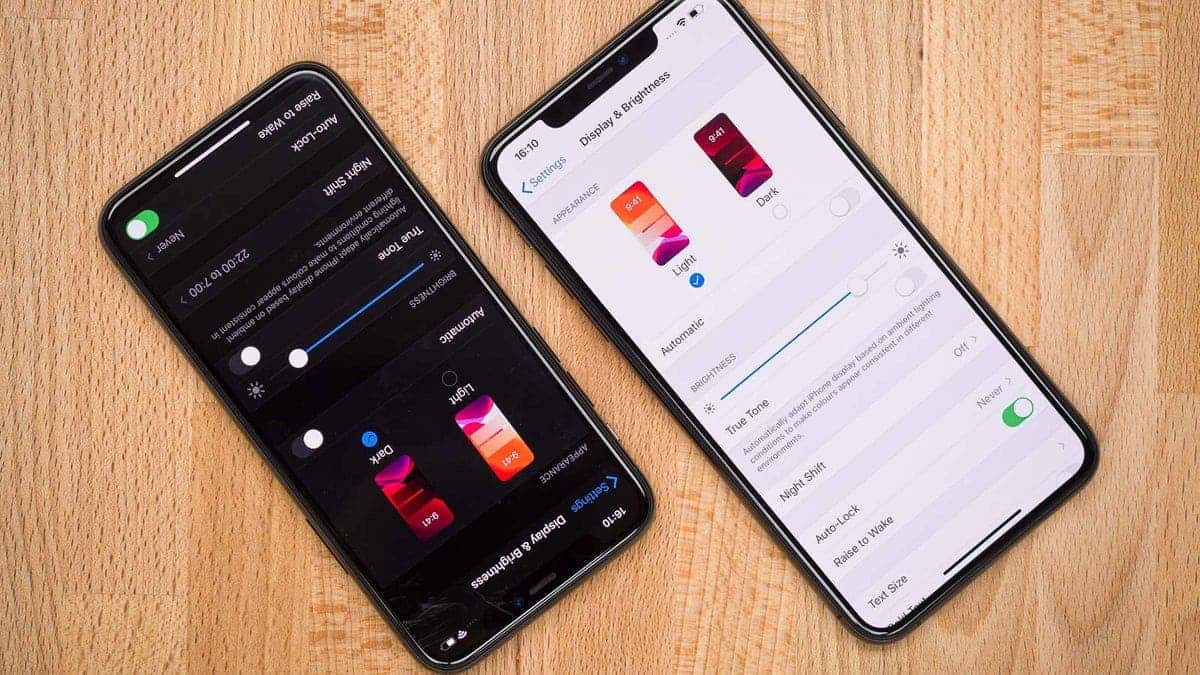
Every Android vs iOS comparison makes this point, and it remains true. Android still offers more flexibility with the home screen, lock screen, and app icons. You can even completely change the interface with tools like Nova Launcher. Although iOS has made great strides in this area, customization options on the iPhone are not as extensive and user-friendly.
Check this out: The home screen on Android can rotate and work in landscape mode. It's nice to have precise control over how your phone looks, whether it's just one app on your home screen or widgets that expand in every direction. Rumor has it that with the release of iOS 18, we will see more customization options for the home screen, which suggests that Apple admits that it is behind Google in this aspect.
Many users find the current iOS home screen and app library settings quite clunky. They wonder why they can't just see a simple list of all the programs they have installed. To find an app that isn't pinned to the home screen, you have to swipe down to the last of those screens, and then figure out what category Apple has decided to assign that app to.
Easy access to Android apps 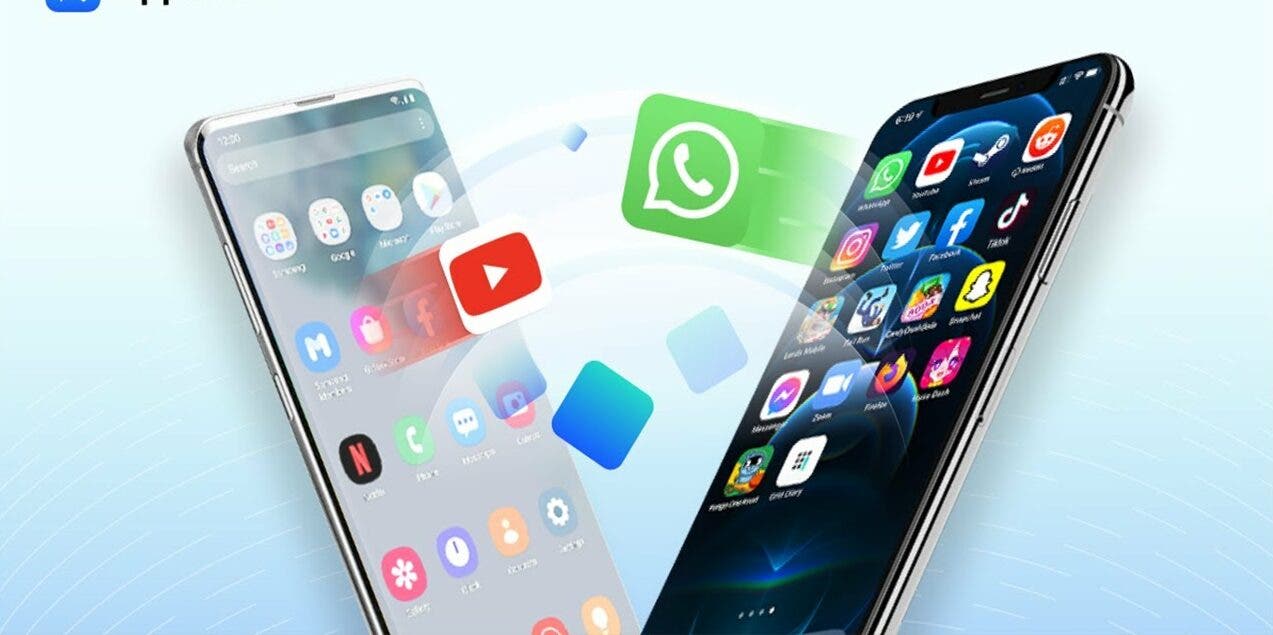
Many users find Google's suite of apps more attractive than Apple's, with a few exceptions. If you compare Gmail with Apple Mail, Google Docs with Pages, Google Maps with Apple Maps, and Google Photos with Apple Photos, Google wins. However, some users still appreciate Apple Music.
There isn't enough space here to cover all the specific reasons, but in general, Google apps are known for their speed, reliability, and most importantly, cross-platform accessibility. For example, if you rent a movie from Google, you can expect it to play smoothly on almost any device. However, getting Apple TV to work on Android can be quite difficult and confusing.
Indeed, this discussion leans more towards comparing the apps and services provided by Google and Apple rather than focusing exclusively on Android and iOS. However, for people who use both Apple and non-Apple devices, opting for Google services can make their lives a lot easier. So, if you prefer Google apps, they tend to run more efficiently and get updates faster on Android devices.
Android apps get more control over devices than iOS apps 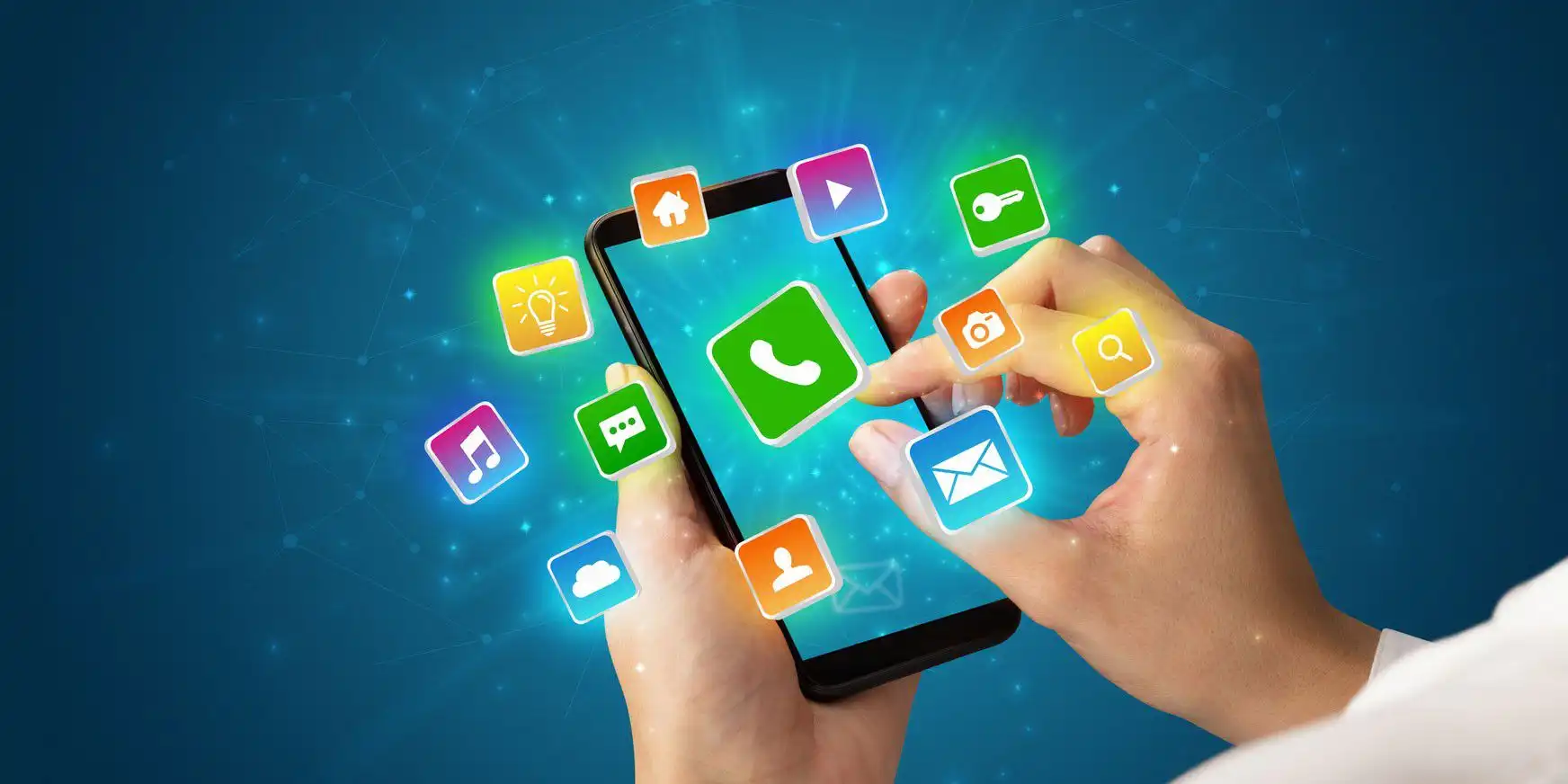
In terms of apps, Android allows developers to integrate their creations more deeply into the operating system compared to iOS, which is often used by Apple to argue that Android is a less secure system. Such programs as Bags, which allow users to create a variety of automated and routine applications, demonstrate that Android is the best choice for those who like to tinker and explore the possibilities of the system. Many enthusiasts find the openness of Android attractive for this very reason.
So, on Android, you can discover whole categories of apps that aren't available on iOS, such as apps for checking battery health and usage, WiFi network diagnostics, and managing files on your phone that aren't available on Apple. While not all users may need these extra features, many appreciate having these extra features.
In addition to individual applications, Android offers more flexibility in their use. You can install multiple instances of the same app, run two apps side-by-side, and change more default apps. For example, you can even install another app to manage your text messages, a feature that's unlikely to come to iOS anytime soon, if at all.
Android seems more intuitive than iOS 
Part of this may be due to my familiarity with Android at this point, but some of the basic software navigation methods work better for me on Google phones compared to Apple phones. A clear example is the universal "back" gesture: it is easier to go to the previous screen with one swipe. While this works in some iOS apps, it's not consistent across the system. On the iPhone, users often reach for the small back button or app switcher, or just feel confused looking at the screen.
There is also the issue of notifications. While this is partly a matter of personal preference, I tend to prefer the Android system – especially because unread notifications remain visible in the status bar and on the lock screen, rather than disappearing into the Notification Center as they do on iOS. In addition, expanding and collapsing notifications is faster on Android, although there is no significant difference between the platforms in this regard.
Of course, if you've been an iPhone user since the very beginning and have never tried Android, the transition can be disorienting and make you miss the familiar ways of iOS. However, having experience with both platforms, I can argue that Android makes more sense in several ways. For example, on Android you can easily see that you've set an alarm directly on the lock screen, while on iOS you need to add a widget to do so.
Visnovok
The battle between Android and iOS has been a defining force in the smartphone era. While both systems offer exceptional mobile experiences, Android stands out for its emphasis on user freedom and customization. From extensive home screen personalization options to deeper app integration and a wider range of features, Android lets users customize their phone to fit their needs. Whether you prioritize accessibility, open app ecosystems, or granular control over your device, Android is a compelling alternative to iOS.
